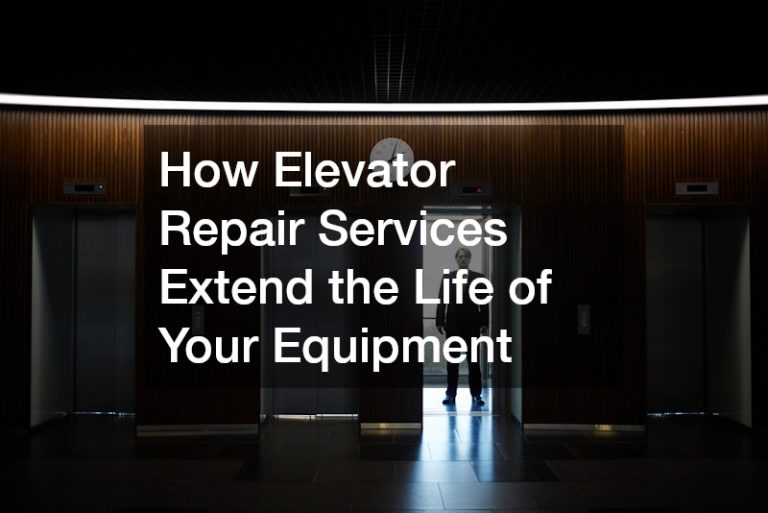Deciding to become a trailer dealer involves several financial considerations, but the potential rewards can make it a worthwhile investment. Initial costs include obtaining necessary licenses, securing a location, and purchasing inventory. The licensing fees vary by state, but they are generally manageable.
Finding the right location, preferably with high visibility and easy access, can be a significant expense, but it’s crucial for attracting customers. Additionally, the cost of purchasing a diverse range of trailers to meet customer demands must be factored into the initial investment.
Ongoing operational costs also play a role in determining the affordability of becoming a trailer dealer. These include utilities, employee salaries, marketing, and maintenance of the premises and inventory. However, once established, the business can benefit from economies of scale and steady customer demand. Financing options are available, such as business loans or partnerships, which can ease the initial financial burden and make the venture more affordable.
Revenue potential is another important aspect to consider. Trailer dealerships can be highly profitable, especially if they offer a wide selection of products and provide excellent customer service. By maintaining a good relationship with manufacturers and keeping abreast of market trends, a trailer dealer can maximize sales and profit margins. Ultimately, while there are significant startup and operational costs, the long-term financial benefits and the potential for growth make becoming a trailer dealer an achievable and profitable goal for those willing to invest wisely.





